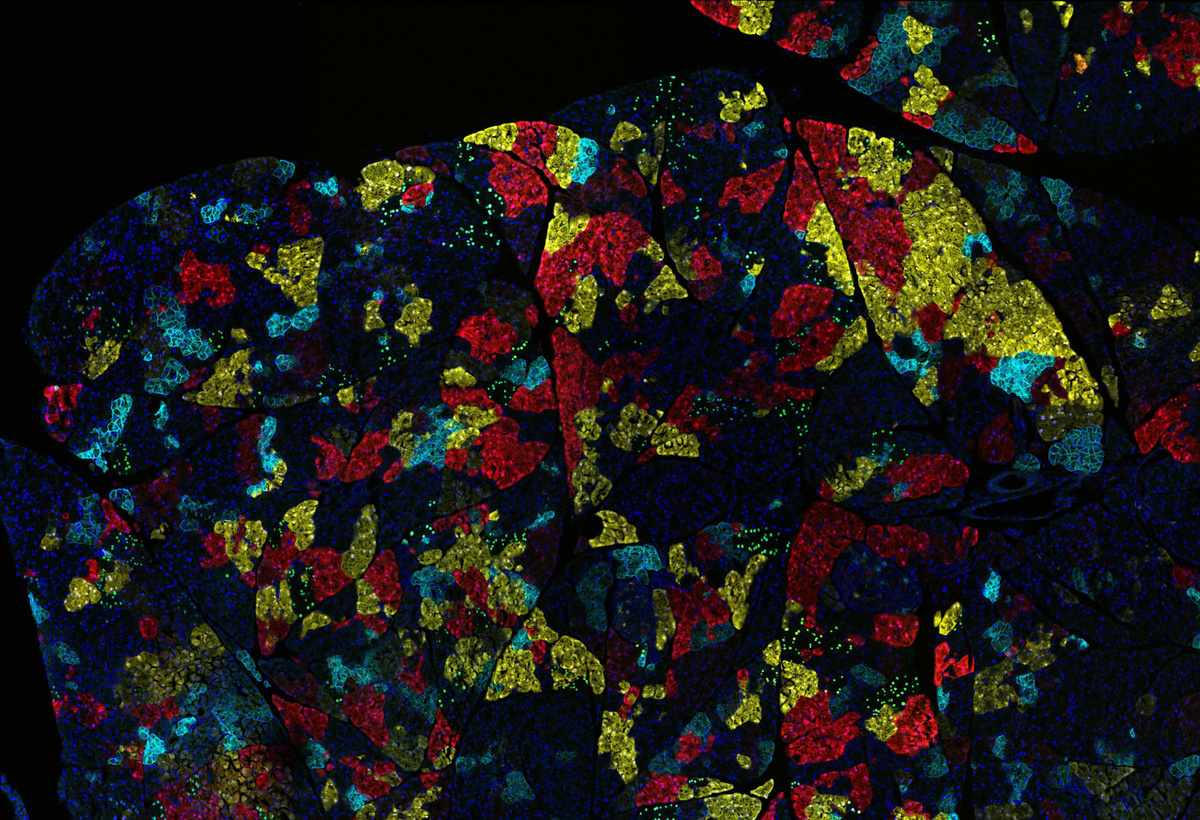
Background
Standard chemotherapies have little impact on pancreatic cancer (PDAC) patient survival, and new T-cell therapies have yet to be successful in treating solid tumors. Phosphoinositide 3-kinase (PI3K), a critical downstream effector of Kras is strongly implicated in PDACs. Genetic ablation of PI3K in the pancreas completely protects mice against oncogenic Kras induced tumor formation. Yet, inhibitors that target PI3K do not induce dramatic regression of solid tumors when used as single agents in clinical trials. Stony Brook University researchers have identified one reason for this dichotomy that sheds light on new therapeutic strategies for treating solid tumors.
Technology
PI3K signaling mediates pancreatic tumor evasion from the immune system. The researchers at Stony Brook University have applied this finding to develop an immune therapy for pancreatic cancer. The therapy combines the use of small molecule PI3K inhibitors with genetically modified T-cells resistant to PI3K inhibitors to enable them to function properly in the presence of PI3K inhibitors. Pancreatic cancer patients will be treated with a PI3K inhibitor to induce the cancer cells to reveal their antigens to the immune system. These inhibitors in combination with the patients? own T cells, which are genetically modified to express inhibitor-resistant PI3K mutants, will enable these T cells to kill the pancreatic cancer cells.
Advantages
Potential for other solid tumors - Can be combined with CAR-T Therapy
Application
Pancreatic cancer or other solid tumors
Inventors
Richard Lin, Professor, Physiology & Biophysics
Licensing Potential
Licensing
Licensing Status
Available for licensing.
Licensing Contact
Valery Matthys, Licensing Associate, Intellectual Property Partners, valery.matthys@stonybrook.edu,
Patent Status
Provisional patent - Patent application submitted
Preclinical. Provisional filed
Tech Id
050-8946
